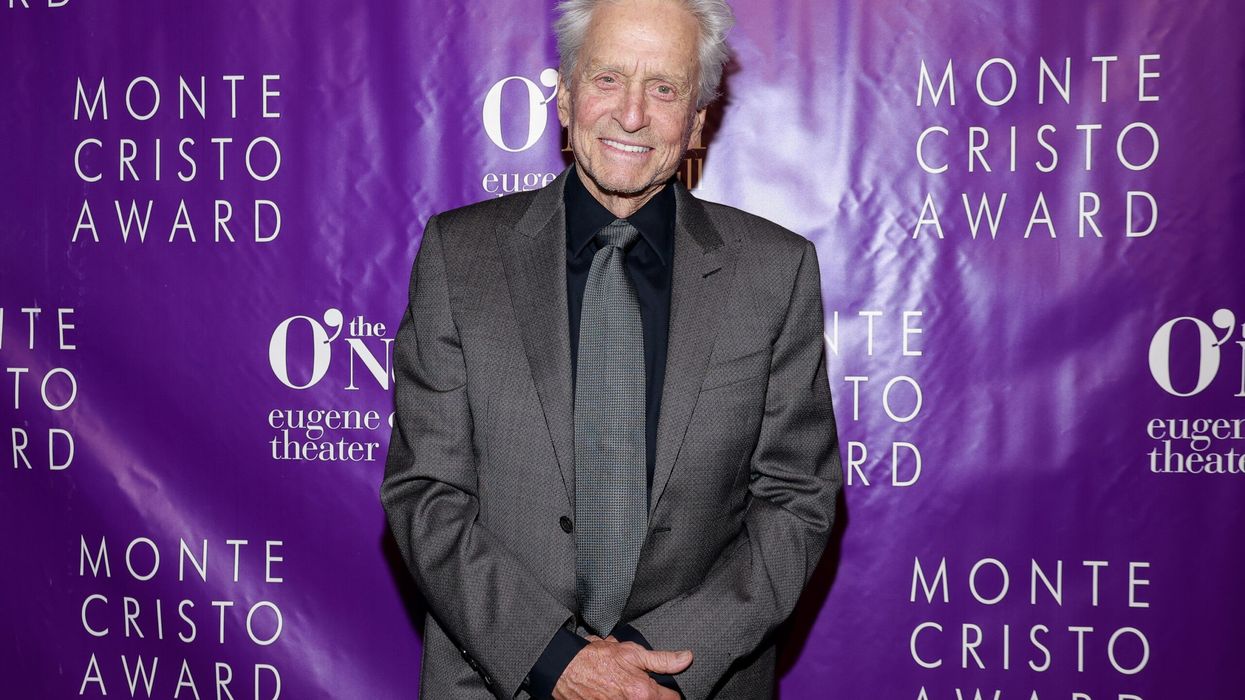Satyajit Ray was a "renaissance man” and it will be a great honour to receive a lifetime achievement award named after the Pather Panchali filmmaker, Hollywood star Michael Douglas said on Monday.
Douglas will be felicitated with the Satyajit Ray Lifetime Achievement Award during the concluding ceremony of the International Film Festival of India here.
The actor, accompanied by his actor-wife Catherine Zeta-Jones, walked the red carpet at the festival on Monday.
"Thank you all for being here since it is an honour for Catherine and I and our son. Our family loves India. This is our fourth visit, the first three times it was in North and now we have the pleasure, the joy and the honour of being here in Goa in the South, very grateful to IFFI to get this wonderful honour,” he said.
The 79-year-old actor said he had read the history of Satyajit Ray back in college in the 1960s while taking a film class. He became aware of some of the filmmaker's work as well during that time.
“I think, he (Ray) sort of created, not the beginning of the Indian films but the idea of multiple jobs. He did so many things as an author, musician and editor as well as a director. So it's a tremendous honour to receive this award and see the other people that have received it before,” the actor said.
Douglas said that when he heard about the award, he and his family were very happy. “They were happy for me... One day all of a sudden, it's a career life achievement,” he said.
The actor said as an American actor it was a joy to be in India and have a familiarity with people.
The eldest son of actor Kirk Douglas, the actor has won multiple awards including two Oscars, five Golden Globe trophies as well as Cecil B DeMille award.
He is most famous for his roles in films such as Wall Street, Fatal Attraction, The War of the Roses, Basic Instinct, The American President and Wonder Boys.
Douglas on Monday said it took a long time for him to move out of the shadow of his father, veteran actor late Kirk Douglas.
"In the beginning of his career, he was playing a young man and they didn't really work until his, maybe a sixth or seventh movie called Champion. In 1950, he was nominated for an Academy Award. He played a nasty fighter and then that dark side, that nasty side of him, sort of changed his whole direction and perspective of working," the actor said recalling his father's career trajectory.
Similarly, for him, Douglas said he was playing softer kind of roles.
The actor said his father was always very supportive of him.




